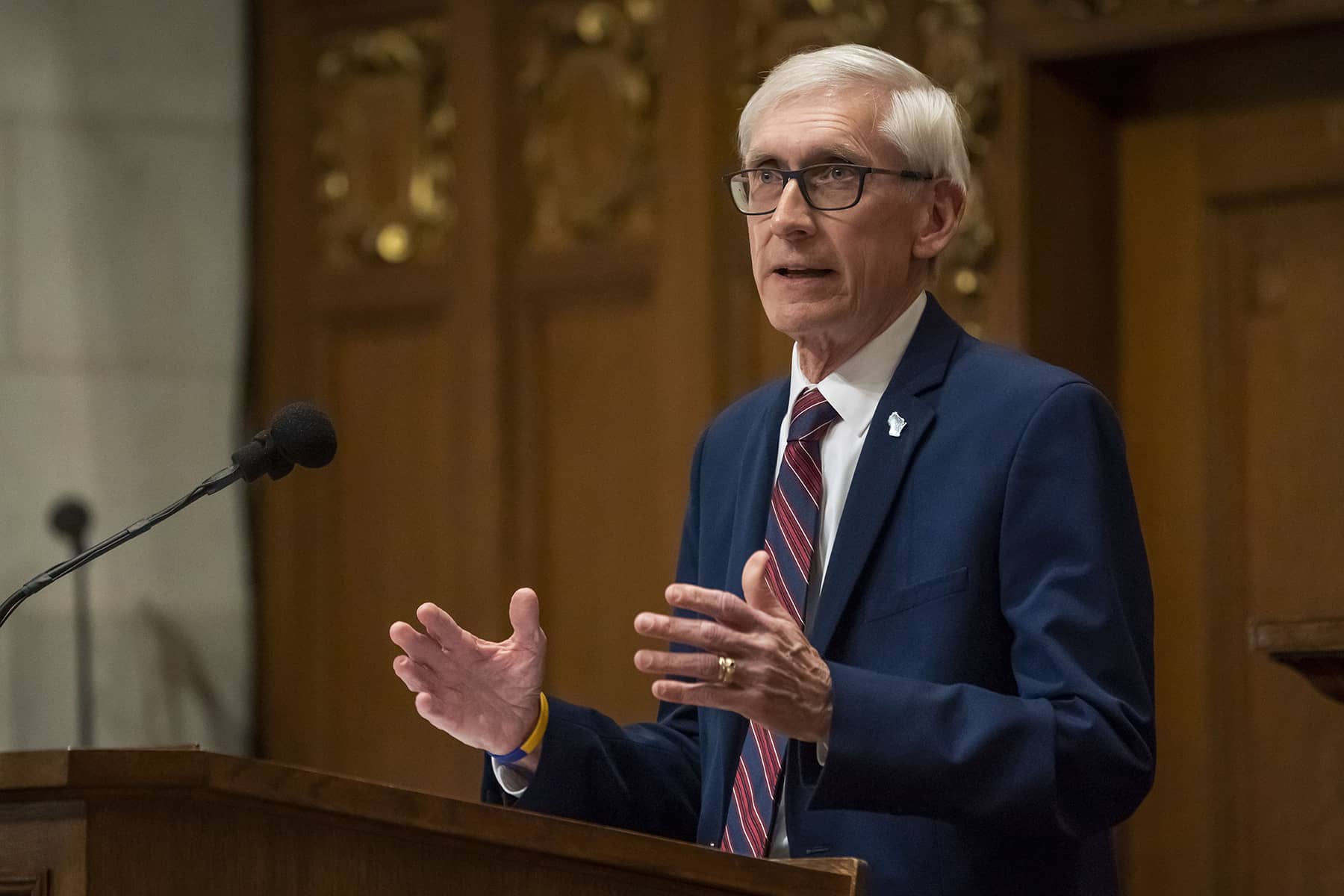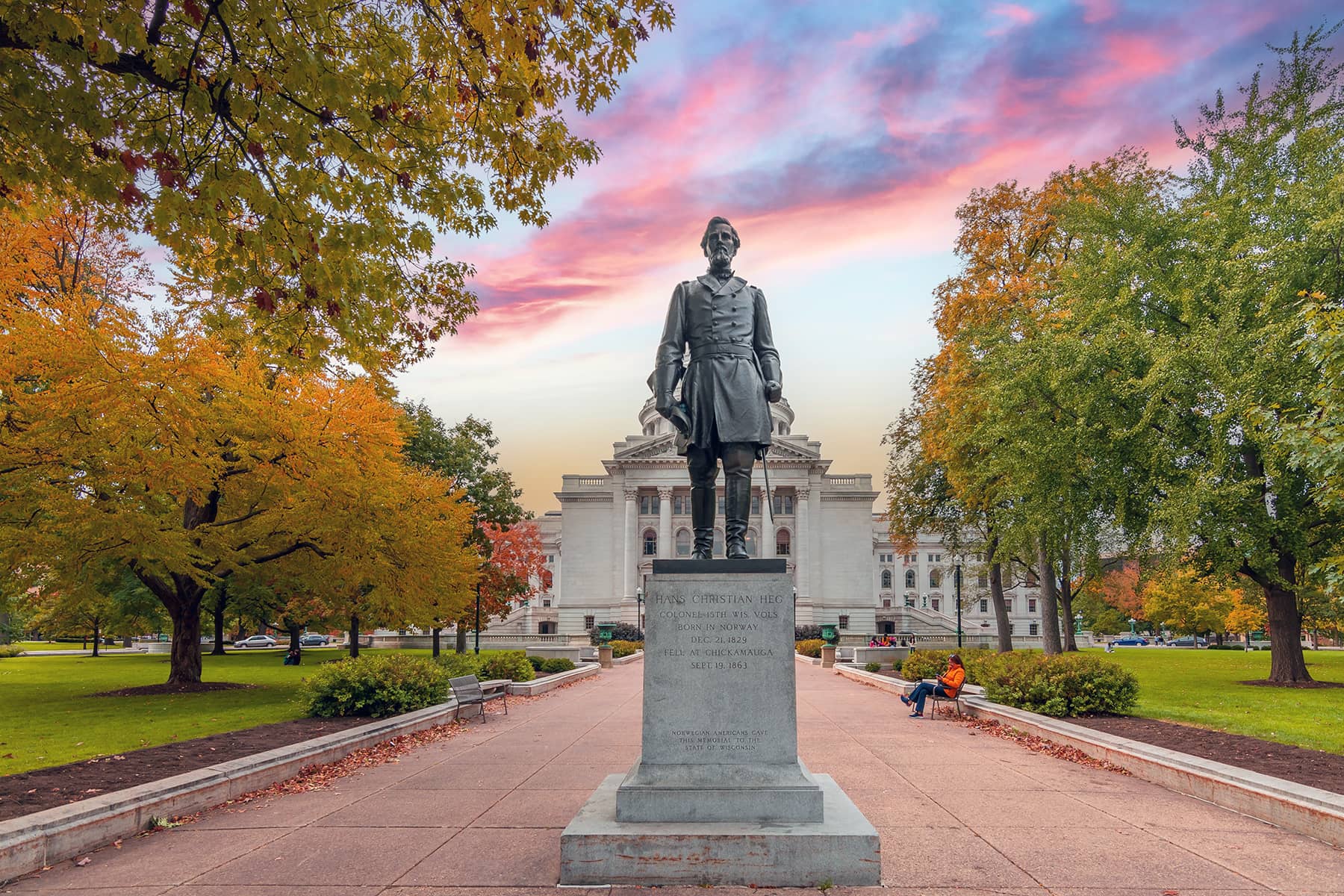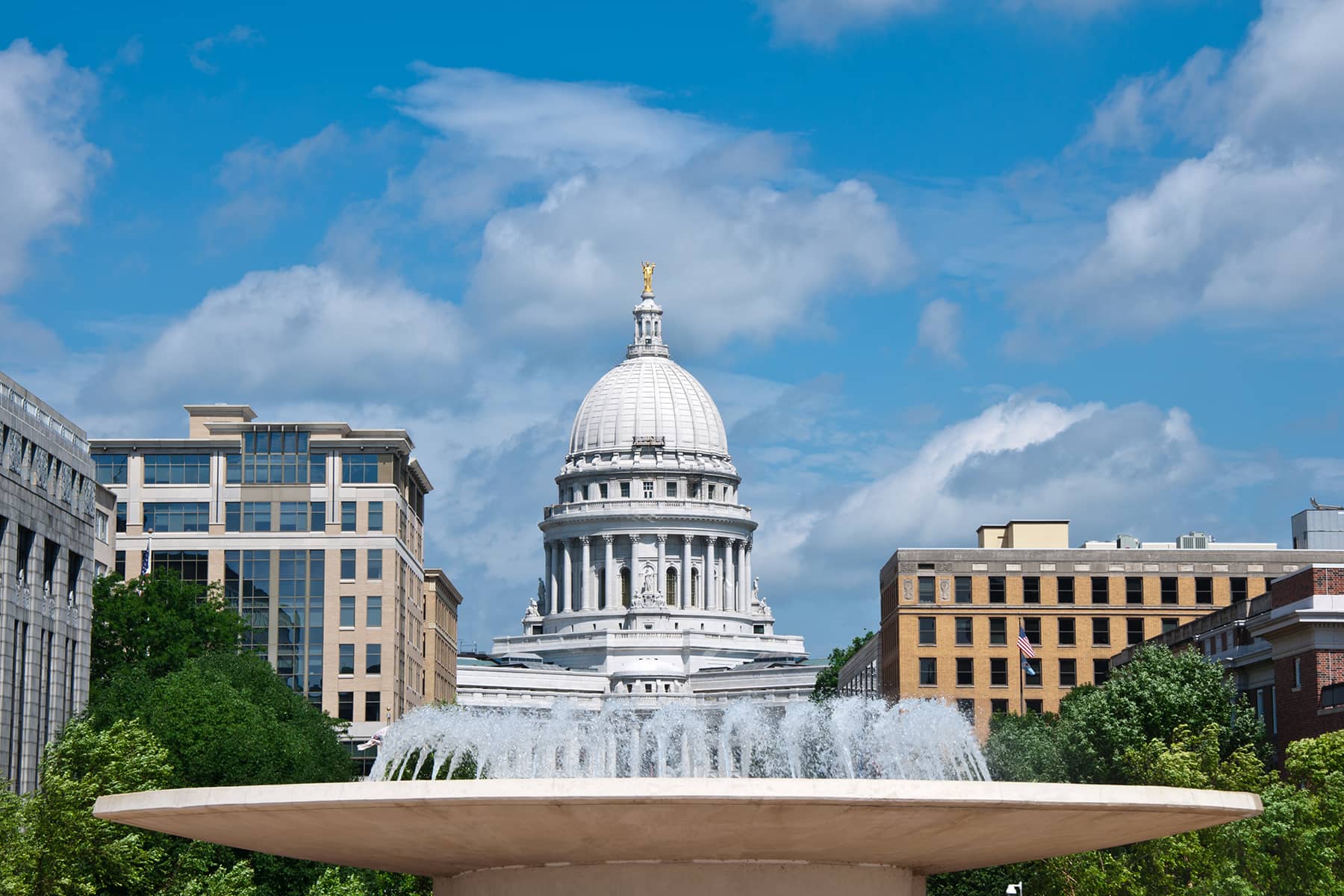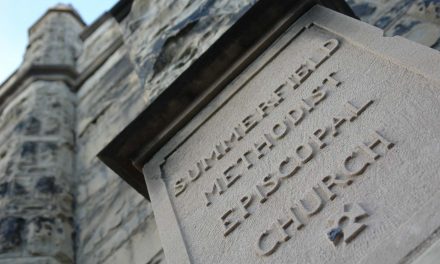
Wisconsin’s projected state budget surplus is now forecast to hit nearly $6.6 billion by July, up from earlier $5 billion estimates, according to a report released on November 21 by Governor Tony Evers’ administration.
That means Governor Evers and the Republican-controlled Legislature will have an even larger pot of money to fight over next year. Governor Evers, a Democrat reelected to a second term earlier in November, will be focused over the next several months on what to do with the money. He has already called for increases in education funding and middle class tax cuts.
“This unprecedented surplus presents an unprecedented opportunity to make critical investments in Wisconsinites and the future of our state,” Governor Evers said in a statement.
The projected surplus does not give Governor Evers a “blank check” as he puts together his budget, the Republican co-chairs of the Legislature’s Joint Finance Committee said in a joint statement.
“Instead, it gives us flexibility to fund the programs and agencies that are necessary for prosperity in Wisconsin while cutting taxes to benefit all Wisconsin taxpayers,” Sen. Howard Marklein and Rep. Mark Born said.
Passing a two-year state budget, covering July 2023 through June 2024, will be the focus of the Legislature’s work when it reconvenes in January. Governor Evers will submit a two-year state spending plan in February. The Legislature will then rework the plan and pass it likely in June or July. Governor Evers can make some changes through his partial veto power, but he signed nearly everything Republicans proposed into law in the past two budgets.
Governor Evers, throughout his reelection campaign, provided some details on how he would like to spend the surplus. In August, he proposed spending $600 million of the surplus on tax cuts, including cutting income taxes for the middle class by 10%. Republicans summarily rejected the idea as a campaign ploy.
Governor Evers has also voiced support for raising K-12 education funding by nearly $2 billion and increasing spending on the University of Wisconsin System.
The November 21 report from Governor Evers’ Department of Administration said the state is in the strongest fiscal condition in its history and called the projected surplus “remarkable.”
The report summarizes state agency budget requests for funding over the next two years. If all requests are approved, which never happens, the report said spending would increase 7.9% in the 2023-2024 budget year and another 2.5% the next year.
The projection, based on a national forecast, cautions that the two biggest risks to growth meeting expectations are the ongoing war in Ukraine and high inflation. It also warns that a disproportionate share of revenue growth has come from volatile components, including investment income and corporate profits.
A deeper decline in financial markets and shortfalls in corporate profits could pose a risk to the forecasts, the report said.
















